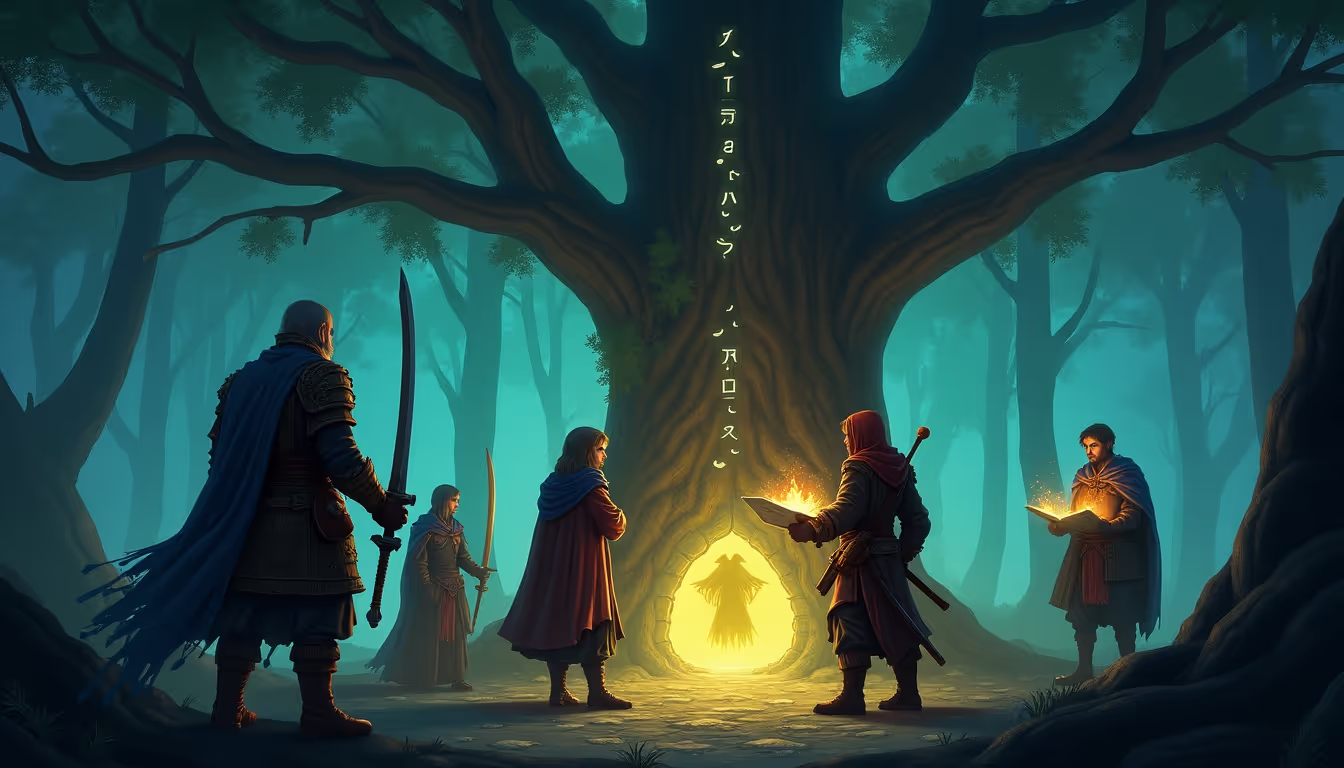The Puzzle-Solving Challenge: A Genre That Tests Your Mind
The puzzle-solving genre has captivated gamers for decades, offering challenges that engage critical thinking, logic, and creativity. Unlike action-heavy titles, puzzle games focus on problem-solving, pattern recognition, and strategic planning. From classic brain teasers to immersive story-driven puzzles, this genre continues to evolve, offering a diverse range of experiences. Let’s explore what makes puzzle-solving games unique, their history, and their impact on gaming.
What Defines a Puzzle-Solving Game?
Puzzle games revolve around intellectual challenges rather than fast-paced reflexes. Players are tasked with solving problems, completing sequences, or manipulating objects to progress. These games often feature increasing difficulty levels, requiring strategic thinking and patience.
Core Features of Puzzle Games:
- Logical Challenges – Problems that require reasoning, pattern recognition, or deduction.
- Environmental Puzzles – Interaction with the game world to solve obstacles.
- Trial and Error Mechanics – Experimentation plays a key role in finding solutions.
- Minimalist or Story-Driven Designs – Some games focus on pure logic, while others integrate deep narratives.
- Skill Progression – Challenges gradually increase in complexity, pushing players to refine their approach.
A Brief History of Puzzle Games
The puzzle genre has a rich history, with early roots in board games and logic puzzles before transitioning into digital entertainment.
Early Days (1980s–1990s)
- Tetris (1984) revolutionized the genre with its simple yet addictive block-stacking gameplay.
- Lemmings (1991) introduced real-time puzzle-solving with strategic management of characters.
- Myst (1993) pioneered immersive, first-person puzzle adventures with deep storytelling.
Golden Age (2000s–2010s)
- Professor Layton (2007) combined narrative with a variety of brain teasers.
- Portal (2007) innovated with physics-based puzzle-solving using a portal gun.
- Braid (2008) introduced time manipulation mechanics in a puzzle-platformer format.
Modern Era (2010s–Present)
- The Witness (2016) offered a vast open-world filled with interconnected puzzles.
- Baba Is You (2019) pushed creative boundaries with its rule-changing mechanics.
- The Talos Principle (2014) merged philosophical storytelling with logic-based puzzles.
Subgenres and Variations
The puzzle genre is diverse, with multiple subgenres catering to different types of problem-solving experiences:
- Logic Puzzle Games – Titles like The Witness and Sudoku emphasize pattern-based problem-solving.
- Physics-Based Puzzles – Portal and World of Goo involve real-world physics in their challenges.
- Escape Room Games – Games like The Room series simulate the experience of escaping locked environments.
- Narrative-Driven Puzzles – Myst and Return of the Obra Dinn incorporate storytelling into puzzle design.
- Puzzle-Platformers – Braid and Little Nightmares blend platforming with intricate puzzles.
The Impact of Puzzle Games on the Industry
Puzzle games have shaped the gaming landscape in many ways:
- Cognitive Benefits – These games enhance problem-solving skills, memory, and strategic thinking.
- Casual and Hardcore Appeal – Some puzzles are accessible for casual players, while others provide deep intellectual challenges.
- Cross-Genre Influence – Puzzle mechanics have been integrated into action, adventure, and RPG games.
- Mobile Gaming Boom – Titles like Candy Crush and Monument Valley brought puzzle gaming to mainstream mobile audiences.
Why Players Love Puzzle Games
- Mental Stimulation – Solving puzzles provides a rewarding challenge.
- Satisfying Progression – The feeling of cracking a difficult puzzle is unmatched.
- Relaxing Yet Engaging – Many puzzle games provide a stress-free yet immersive experience.
- Timeless Appeal – Unlike action games that age with graphics, puzzles remain relevant across generations.
The Future of Puzzle Games
As technology advances, puzzle games continue to innovate:
- AI-Generated Puzzles – Games that adapt and create unique challenges based on player performance.
- VR and AR Integration – Escape room-style puzzles in immersive virtual spaces.
- Hybrid Genres – More RPGs and action games incorporating puzzle-solving mechanics.
Final Thoughts
Puzzle-solving games stand as a testament to gaming’s intellectual and creative potential. Whether through simple brain teasers or deep, narrative-driven challenges, these games provide a unique and rewarding experience for players of all ages. As gaming evolves, puzzle games will continue to push the boundaries of innovation, challenging minds one riddle at a time.
.svg)









